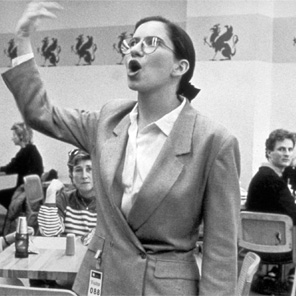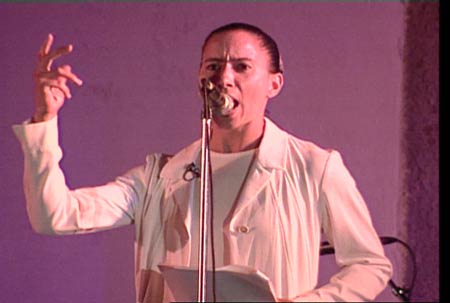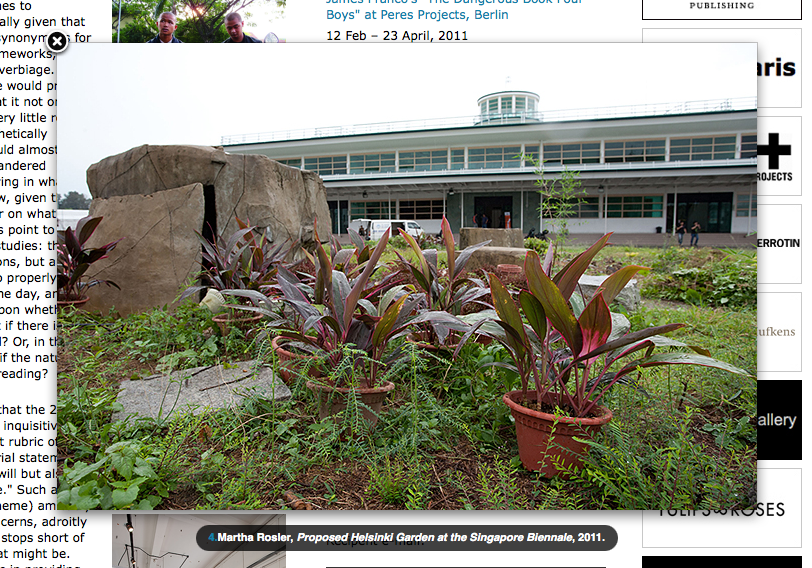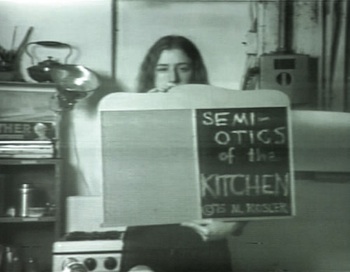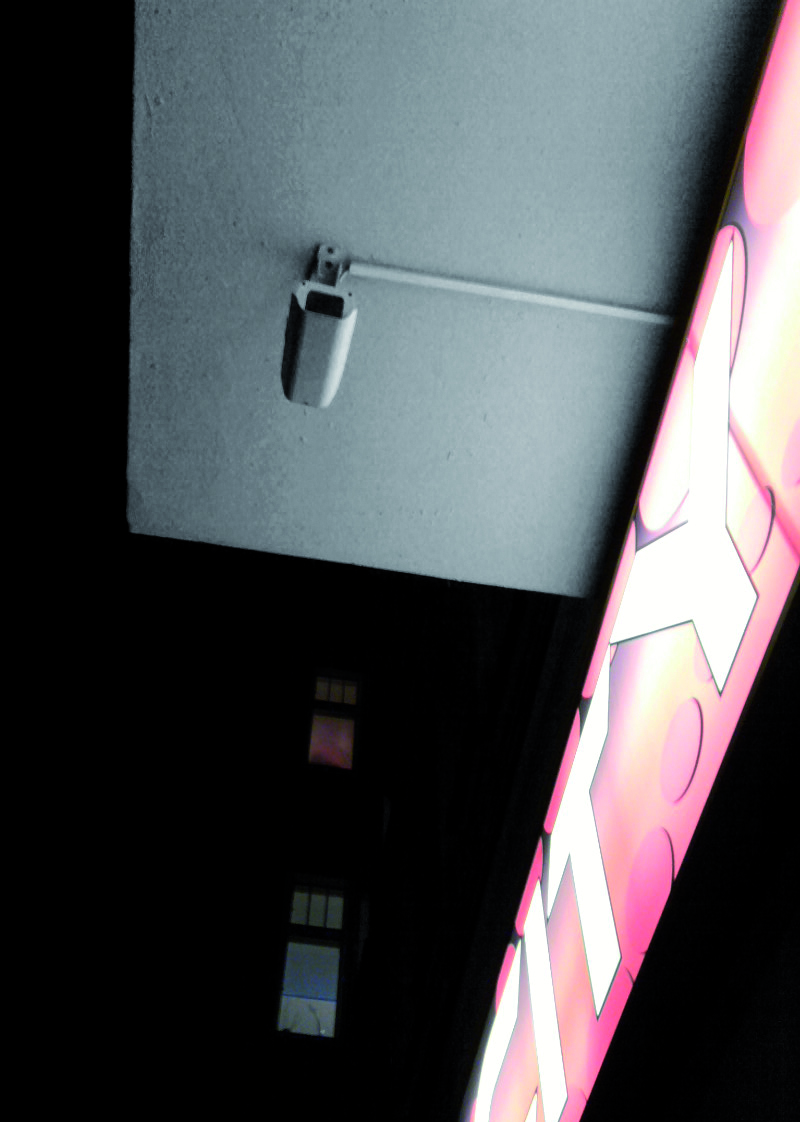Weimar (Germany), June 6-10, 2011
Deadline: Feb 20, 2011
The first international Summer School for Media Studies, a co-operation between the Bauhaus-Universität Weimar (Internationales Kolleg für
Kulturtechnikforschung und Medienphilosophie, IKKM) and Princeton University (Department of German), will take place from June 6 – June
10, 2011 in Weimar, Germany. Conceived as the first in a series of annual summer schools that will be held alternately at the IKKM Weimar
and at Princeton University, the 2011 program will be directed by Lorenz Engell (Weimar) and Thomas Levin (Princeton).
This year’s summer school will focus on the comparative analysis and theoretical investigation of selected aspects of surveillance culture.
The weeklong series of seminars, workshops, and lectures will be devoted to an examination of the technological, aesthetic, political,
and conceptual dimensions of surveillance practices. The summer school will address these practices specifically within the categories of
monitoring, tracking, and data aggregation.
The concept of monitoring is especially relevant to surveillance practices inherent in television technology and therefore refers to new
forms of engaging with the visual. Tracking, on the other hand, refers to a wider scope of the politics of control, which are promoted, for
instance, by the use of devices such as GPS and cell phone positionality services. Furthermore, these politics also underlie the
emerging cultures of social media.
The aggregation of vast databases of personal information gathered from, for example, frequent flyer accounts, surfing history,
toll-roads, cell phone and credit card usage, all result from the ability to track information. This process of data aggregation is aimed
at the production of cyber-portraiture – or the ‘data shadow’ – which exists for nearly everyone and calls into question the notion of
informational self-determination within the framework of what one could call a surveillance ontology (I am surveilled therefore I am).
The summer school will discuss and compare these practices of surveillance and offer in-depth analyses of both the conceptual
framework and the media of surveillance.
Reference / Quellennachweis:
ANN: Monitoring and Surveillance – Inaugural Weimar-Princeton Summer
School for Media Studies 2011. In: H-ArtHist, Feb 2, 2011.
<http://arthist.net/archive/769>.

